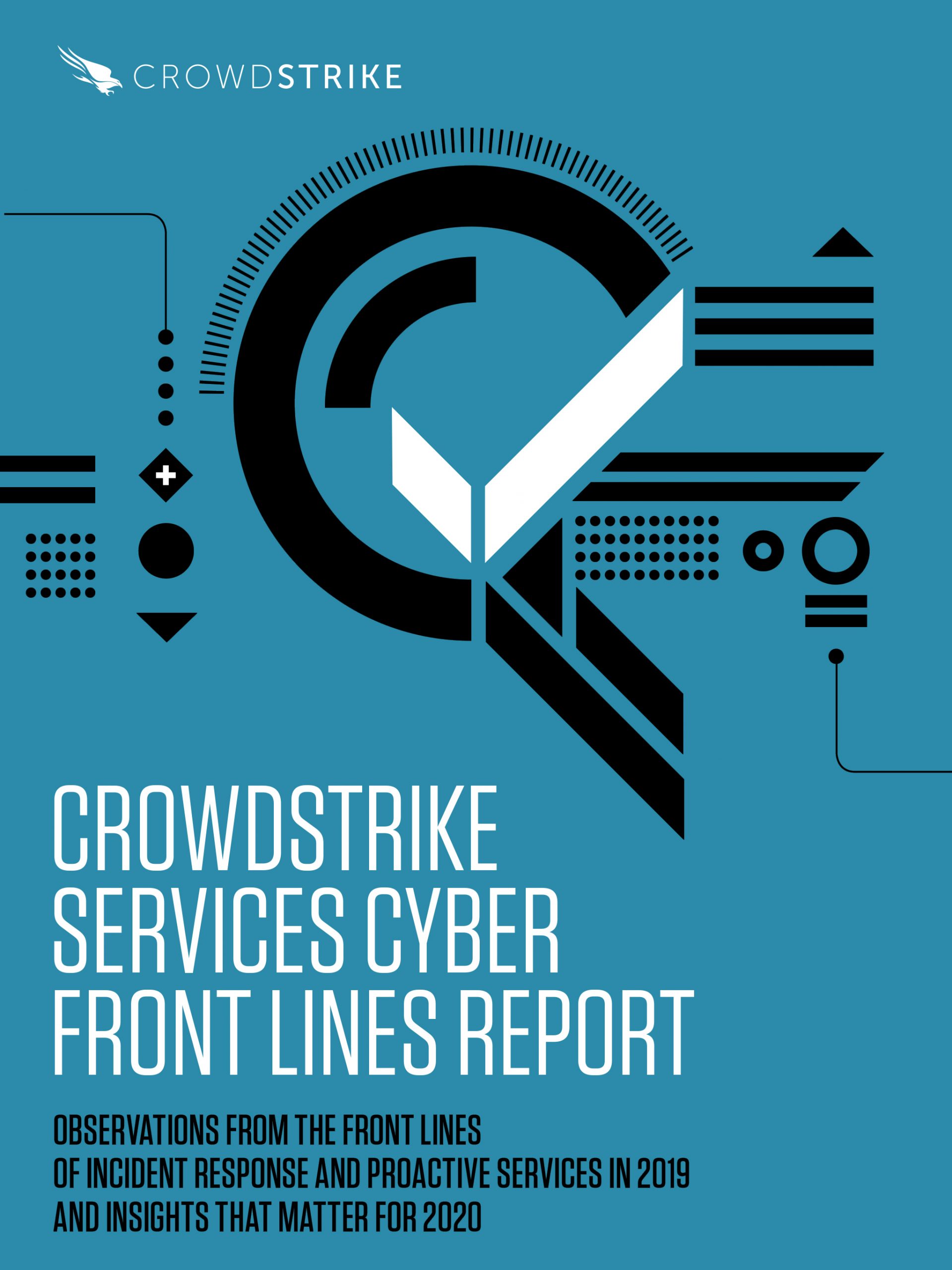
The problematic update, intended to enhance the security capabilities of CrowdStrike’s Falcon platform, inadvertently caused systems to crash across various sectors. Affected organizations reported significant operational setbacks, with some businesses experiencing prolonged downtimes. The U.S. government’s cybersecurity division has been vocal about the impact, describing the error as a "serious mistake" that compromised both public and private sector operations.
CrowdStrike, known for its cutting-edge cybersecurity solutions, has a reputation for protecting some of the world's most sensitive data. The company has played a crucial role in defending against sophisticated cyber threats, making this incident particularly notable. The unexpected failure of their update not only disrupted services but also raised questions about the robustness of their quality control measures.
Following the update's deployment, users began reporting issues almost immediately. Systems became unresponsive, leading to a cascade of operational problems. Businesses reliant on continuous digital operations found themselves scrambling to mitigate the damage. Government agencies, some of which handle critical public services, were also impacted, exacerbating the situation.
In response to the crisis, CrowdStrike issued an emergency patch to resolve the issues caused by the faulty update. The company’s technical teams worked around the clock to assist affected clients, aiming to restore normalcy as quickly as possible. Despite these efforts, the backlash from the incident has been severe, with clients questioning the reliability of the cybersecurity giant’s offerings.
The senior U.S. cybersecurity official’s condemnation underscores the gravity of the incident. Emphasizing the need for stringent testing protocols, the official remarked that the mishap should serve as a wake-up call for the entire cybersecurity industry. The call for enhanced scrutiny and more rigorous pre-release evaluations has been echoed by several industry experts, who stress that the stakes are too high for such errors.
This event has sparked a broader conversation about the trustworthiness of cybersecurity firms. As more organizations adopt digital solutions, the reliance on third-party cybersecurity providers has grown. Incidents like the one involving CrowdStrike highlight the potential vulnerabilities in this dependency. The expectation is that companies offering critical security services must ensure their updates and patches are thoroughly vetted before release.
Amidst the fallout, CrowdStrike’s leadership has pledged to implement more stringent quality control measures. The company is conducting a comprehensive review of its update processes to prevent similar incidents in the future. Executives have also engaged with affected clients to address their concerns and rebuild trust. This proactive approach aims to reassure stakeholders of CrowdStrike’s commitment to reliability and excellence.
The cybersecurity landscape is inherently challenging, with threats evolving at a rapid pace. Companies like CrowdStrike are at the forefront of this battle, providing essential defenses against malicious actors. However, the recent update debacle illustrates the fine line between innovation and disruption. The industry must balance the urgency of deploying new defenses with the imperative of maintaining operational stability.
As organizations continue to navigate the complexities of digital security, the CrowdStrike incident serves as a poignant reminder of the importance of meticulous quality assurance. Ensuring that software updates enhance rather than hinder operations is crucial for maintaining trust and safeguarding critical infrastructures. The lessons learned from this episode will likely shape the future protocols of not just CrowdStrike, but the entire cybersecurity sector.
Topics
Technology
